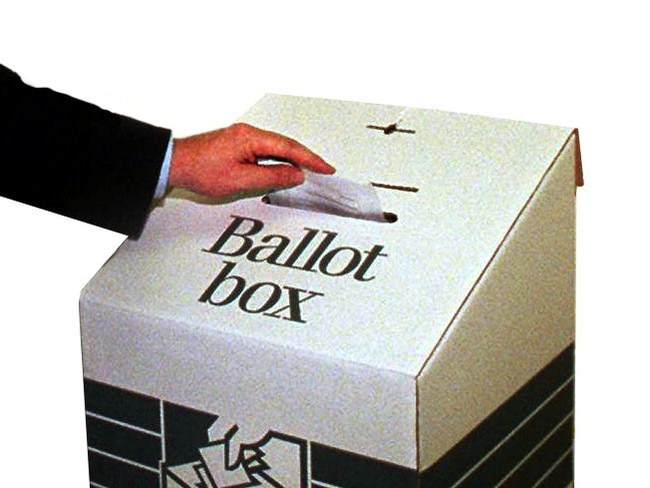State Election 2018: Bentleigh, Carrum and Frankston seats critical
Young voters in the State’s most marginal electorates could hold the key to victory.

Inner South
Don't miss out on the headlines from Inner South . Followed categories will be added to My News.
VOTERS along the Frankston line will play a big part in deciding who wins this year’s State Election.
Swings of just one per cent could flip knife-edge electorates Bentleigh, Carrum and Frankston, while Mordialloc has the slim margin of 2.1 per cent.
All four seats have changed hands at the previous two elections, gained by the party which has formed government.
SOUTHEAST LOBBY GROUP WANTS TRAINS, PLANES AND ROADS
FLAGSHIP PRIMARY SCHOOL WANTS ELECTION CASH
Monash University politics lecturer Zareh Ghazarian said these “critical” seats were where the election would be won — and lost.
He said the areas were reflective of Melbourne’s changing demographics — particularly with young families — whose election priorities were education, roads, public transport and health.
“You’ll often find parties talking about classic infrastructure projects such as roads or public transport and the prospect of ‘easing congestion’ because that resonates with people,” Dr Ghazarian said.
His comments come as the Young Votes campaign, led by Environment Victoria and advocacy body YOUNG, urged 18-24 year olds to enrol last week.
Before the polls closed, the number of unenrolled people in this age bracket was greater than the number of votes that had decided the election in the marginal seats.
Alex Fuller, who will vote in her first State Election this year, said politicians often didn’t take young people’s concerns seriously.
“One of the biggest issues facing my generation is climate change. It will not only destroy our environment but also directly affect our health, housing prices, food prices, and job opportunities,” Ms Fuller said.
Dr Ghazarian said there was scope to better engage young people, who were often passionate about political issues but lacked confidence if they were not well-informed about how the electoral process worked.
With the number of informal votes cast in the 2014 election in each of those higher than the number of votes that had decided who would win those seats, Dr Ghazarian said there were two reasons why people voted informally.
“We’ll often find the informal vote hovers at a steady rate and it can be for two reasons, one is people making an error — and they are able to request a new ballot if they do — or that they don’t want to vote for any of the candidates,” he said.
